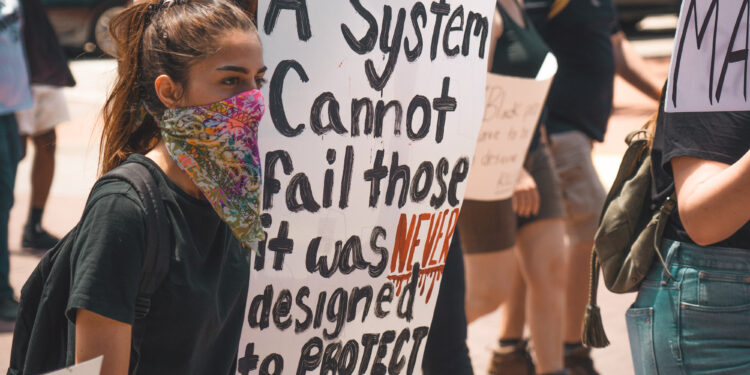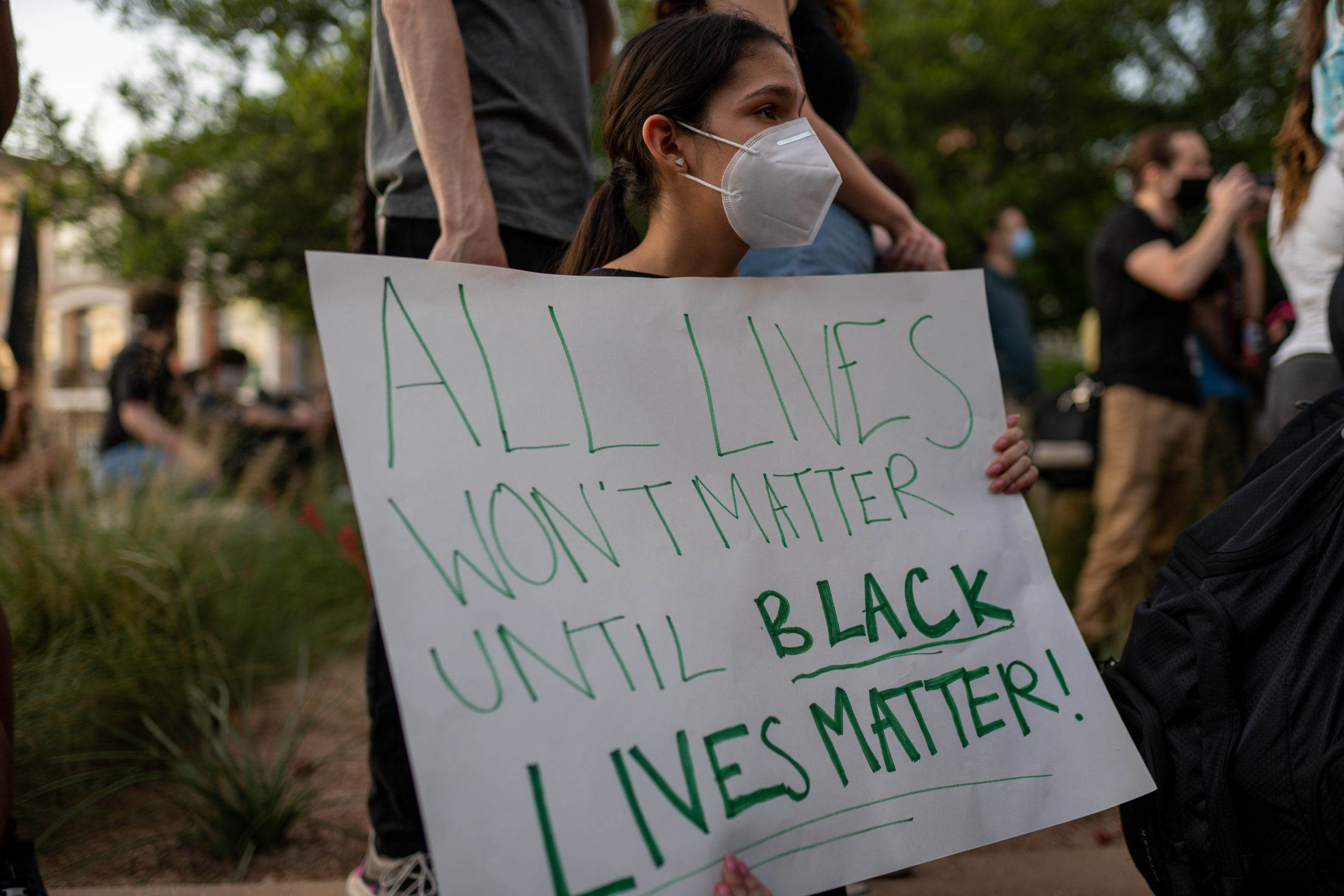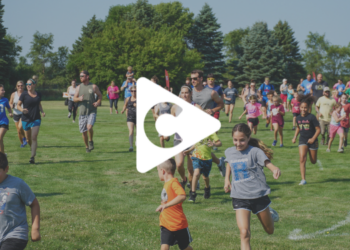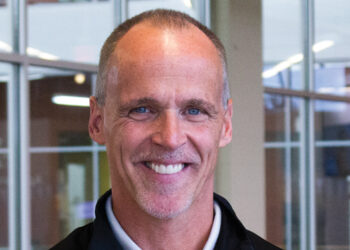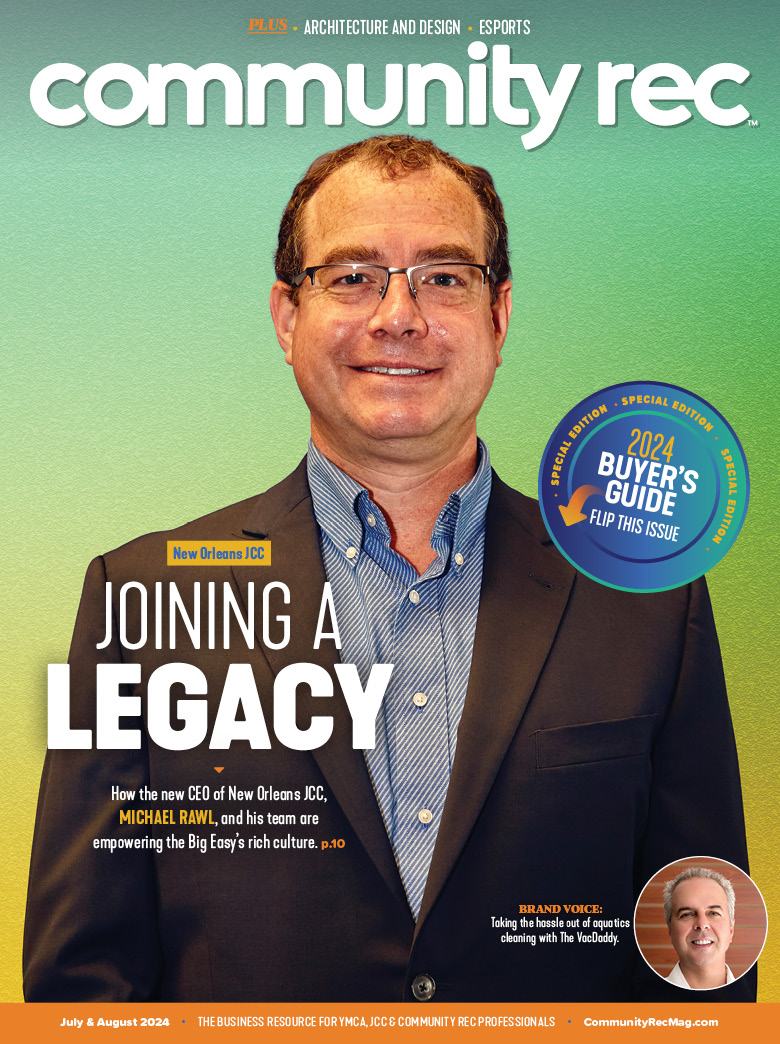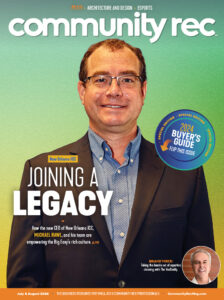The future we expect tomorrow begins with the work we do today.
According to youth.gov, there are nearly 10.2 million children in after-school programs across this nation. These are children who are being subjected to societal shifts and all those shifts entail. These children will grow into adults with a depth of lived experiences that will shape our future in ways we do not yet realize. What if we started a movement that activated activism in after-school?
For as much as professionals in the after-school space understand their responsibility to support children as they learn, grow and thrive, sometimes there is a disconnect with believing the same for helping children develop their spirit of activism. Understandably so, many of the challenges that invoke an energetic spirit of activism can be simultaneously polarizing and professionals are often left in an awkward space, thus deciding to take a “wait and see” or “case-by-case” approach. While this posture may be safe, it’s not sufficient.
The founding fathers thought it was an excellent idea for slavery to exist. It’s very premise is woven throughout every system we experience today even though it’s a 400-year-old problem. There is gender bias that exists in this country and woman will typically make $9,766 less than her male counterpart doing the same job.
From years of redlining, residents by virtue of where they live can expect to experience poverty, food insecurity, housing insecurity and educational access gaps. These equity issues that force marginalized communities to the fringes of society are not new. Many of the children in after-school programs currently live these truths. If we want all children to grow into engaged and responsible adults, we must help them articulate their experiences, advocate for change and allow them to be part of social transformation.
America has a rich history of youth led movements that bring about significant social change. Young activists have amplified and advocated for issues such as child labor laws, voting rights, school desegregation and climate change. The world is watching and shifting because of their energy and actions. Young people are powerful agents for transformation. Their idealism evokes in them a belief they can absolutely do something about the injustice they see in the world.
After-school programs can provide the foundation to incite youth to bring about positive change in humanity. Bringing social activism into the after-school programming space teaches lifelong skills and shapes the attitudes of students about citizenship and their ability to take appropriate measures when encountered with injustice. Additionally, youth build critical writing, analytical thinking, communication, teamwork, planning and empathy skill sets. All are aptitudes that will be used for a lifetime.
Right now, the conditions are ripe for a youth-led movement and after-school programs are in a position to truly help young people to activate their voice in the community and demand reforms in line with their values. Helping students convert emotions of anger, sadness and hopelessness into tangible actions that can make the world more equitable is a crucial growth opportunity.
Activism comes in many formats. There are a number of ways to help kids build their activism muscle.
Consider the following in the after-school setting:
- Campaigning. Kids can make signs supporting the cause they care about.
- Philanthropy. Kids can organize and execute a toy or clothing drive and research where they would like the donations to go.
- Advocate. Help kids build writing skills, understand local, state and national government, and allow them to voice their opinions about issues that affect them.
- Volunteer. This helps youth understand the value of giving time as well as build their ability to be empathetic towards other who face challenges they may not face.
- Protest. Allow youth to stand in solidarity for a cause. Teach children to understand the underpinning of peaceful protest. Help them understand how useful these non-violent gatherings can be.
James Baldwin said, “Not everything that is faced can be changed, but nothing changes until it’s faced.”
Start today infusing activism in your after-school curriculum and settings. Keeping activism out of the reach of kids shortchanges them and keeps them from experiencing some of the most transformative experiences in their lives, and as the professional, you will be better too.
This article was coauthored by Keith Vinson, the vice president of operations and Rodrigua Ross, the vice president of diversity, equity and inclusion at the YMCA of Metropolitan Dallas.
Photo Credit
- Cory Cameron
- corycameronvisuals.com
- Instagram: @corycameronvisuals


